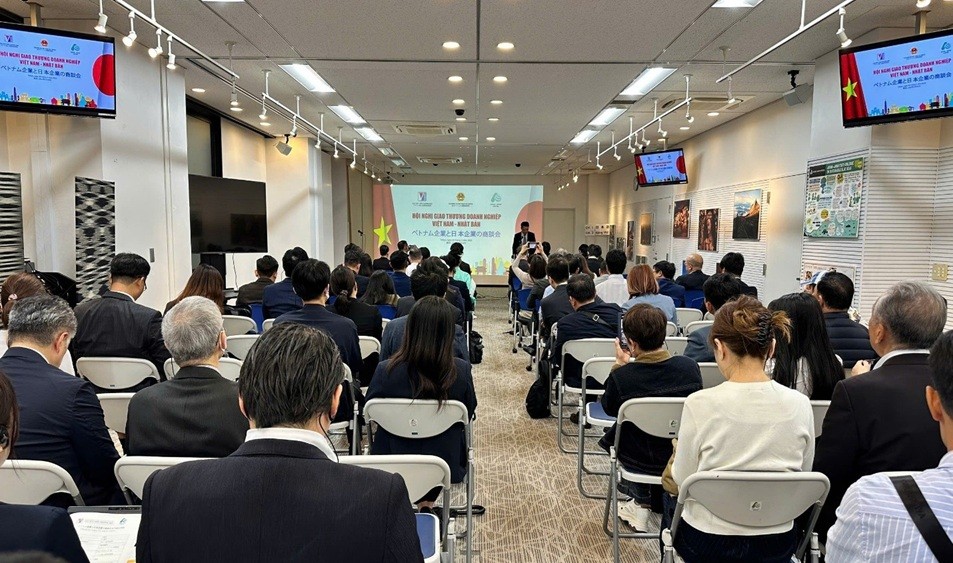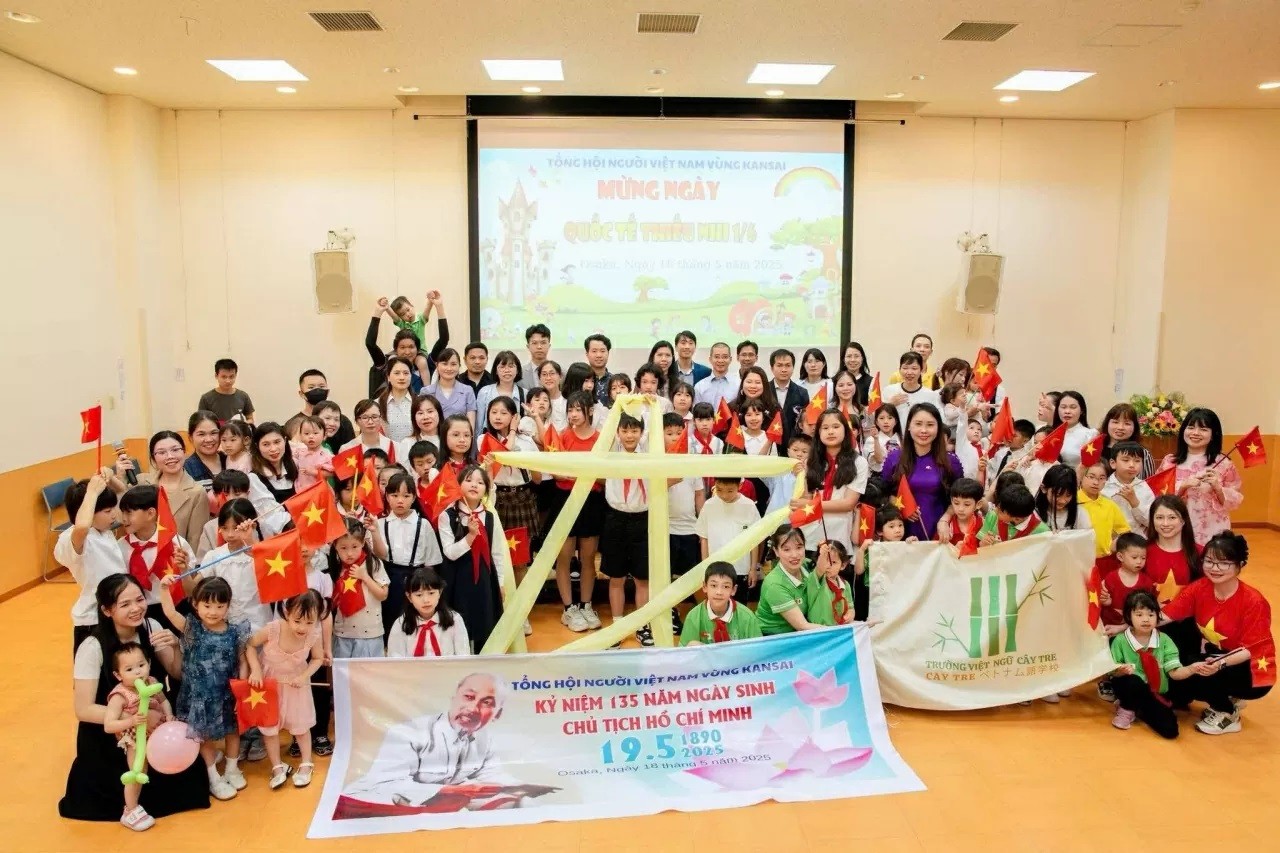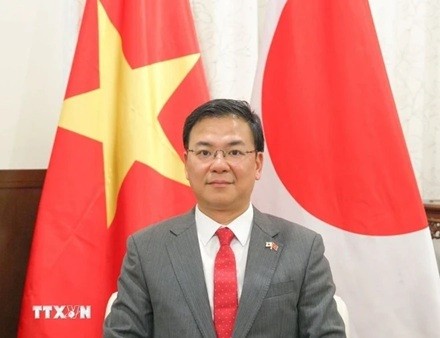Ambassador that Brings Vietnamese Mango to Japanese Market
Many people refer to you as the "Ambassador of Mango and Dragon Fruit". How do you feel when hearing that nickname?
Japan officially agreed to import Vietnamese mangoes during the visit of General Secretary Nguyen Phu Trong in September 2015. At that time, the challenge was how to bring Vietnamese mangoes into Japanese supermarkets and how to win the hearts of Japanese customers. The Vietnamese Embassy to Japan at that time, with the focal point being the Trade Office, coordinated with Aeon Supermarket Group to open a campaign to promote Vietnamese mangoes at the group's supermarkets in Japan.
I myself also learned the Japanese people's adorable habit of giving gifts when they visit each other. Whenever I had the opportunity to meet leaders of Japanese ministries and units, I brought them Vietnamese mangoes, as a gift from my homeland. I also sent mangoes to the Office of the Prime Minister, the Speaker of the House of Representatives, and the President of the House of Councillors of Japan. We were happy that Japanese leaders happily received the gifts and complimented the fragrant and delicious Vietnamese mangoes.
Together with the above story, the images of the Ambassador and staff of the Vietnamese Embassy introducing mangoes to Japanese people at Aeon supermarket were widely spread on social networks. People started to call me "Ambassador of Mango," since when I don't know. It is a humorous title, but I understand that it is a recognition of the efforts of the entire Embassy in Japan that I represent.
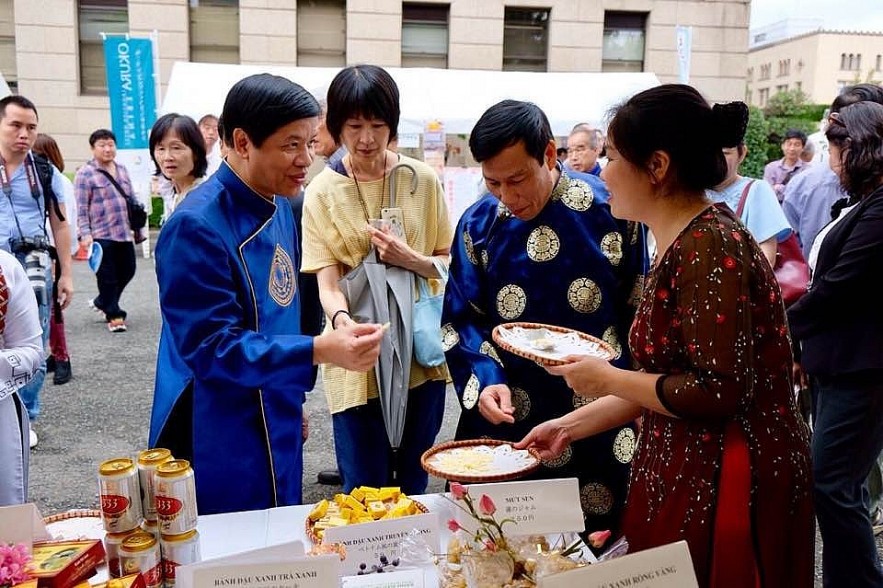 |
| Ambassador Nguyen Quoc Cuong at an event promoting Vietnamese products in Japan. (Photo: Nguyen Quoc Cuong) |
What do you think about the motto "diplomacy serves development"?
I determined it as the top priority task of the entire Embassy.
Grasping the Japanese Government's major policy at that time, which was to encourage localities to expand outside of Japan, I planned to visit all 47 provinces and cities of Japan and work directly with leaders and businesses of each province. I also planned to meet, visit, and encourage Vietnamese students, interns, and workers in those localities.
I invited the Governors of the provinces to visit the Embassy every time they come to Tokyo to continue discussions. Through many such meetings, leaders of many Japanese provinces have visited Vietnam, and they all brought provincial businesses along to explore cooperation opportunities with our localities. There are governors of big provinces such as Kanagawa, Aichi, Mie, Chiba, Gifu, and Hokkaido, who brought nearly 100 businesses with them. One year after their first visit, they came back with an even bigger delegation.
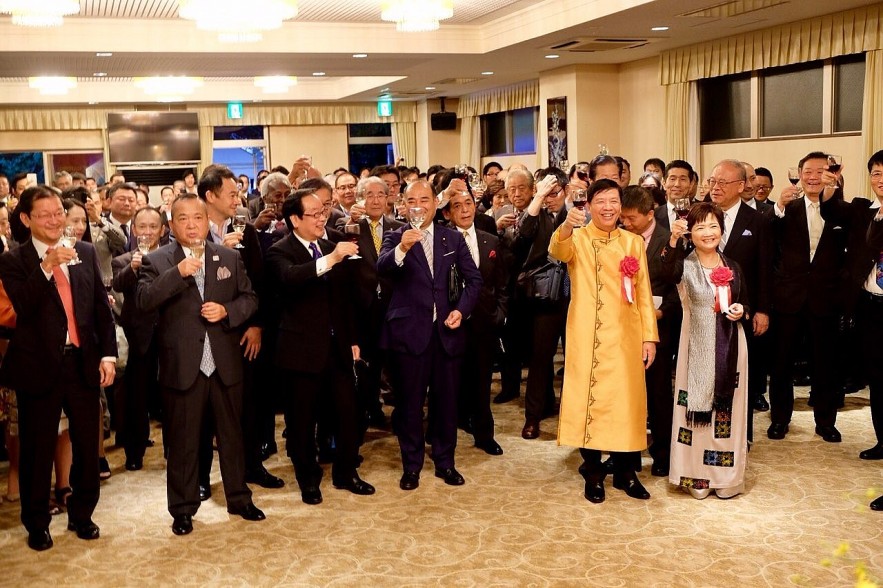 |
| Ambassador Nguyen Quoc Cuong and his spouse at the Vietnam National Day Celebration in Japan in 2017. (Photo: Nguyen Quoc Cuong) |
The visit of Japanese Emperor Akihito and Empress Michiko to Vietnam has become a milestone in the two countries' relationship. What special memories do you have about this visit?
It was a historic visit because it was the first time the Emperor and Empress of Japan visited Vietnam, demonstrating the high development in relations between the two countries. This was also the last official visit to a foreign country of the Emperor before his abdication. Therefore, both sides have prepared very carefully for the visit.
The Emperor and Empress of Japan were grateful for the warm and cozy welcome of the leaders and people of Vietnam, from the tea party with General Secretary Nguyen Phu Trong to meetings and receptions with the Vietnamese President and Prime Minister, to the schoolgirls in purple ao dai and many people standing in long lines along both sides of the road, smiling and waving as the delegation visited Hue.
After the visit, the Emperor and Empress held a reception in the palace to thank those who accompanied and served the visit. Both of them repeatedly thanked the Vietnamese leaders and people for their thoughtful and cordial welcome. The Japanese Government sent a letter of thanks to the Vietnamese State. From the palace's receptionist, we knew that the Emperor and Empress ordered Pho for breakfast at the hotel. I told the receptionist that the Vietnamese Embassy had a good chef and that we wanted to prepare some traditional Vietnamese dishes to bring to the palace.
The Emperor agreed. Therefore, the chefs and ladies at the Embassy had the opportunity to "show off" their cooking talents. The next day, we received a thank you from the King and Queen, which was very touching.
Following the success of the visit, in 2018, during the Vietnamese President's visit to Japan to celebrate 45 years of relations, the Embassy held a solemn reception. I sent invitations to the Emperor and Empress. Many people said I was arrogant to do such an unprecedented act. However, to my surprise, they both happily accepted the invitation to attend the Embassy's reception. It was an unimaginable success.
At the end of my term, I was deeply moved when the Emperor and Empress of Japan invited me and my wife to a private dinner to say goodbye. They recalled memories of their visit to Vietnam and then saw us off at the car door. For me, those were the sentiments that they wanted to convey to the Vietnamese people, whom we represent. Those are also our unforgettable memories for the Emperor and Empress, and for Japan.
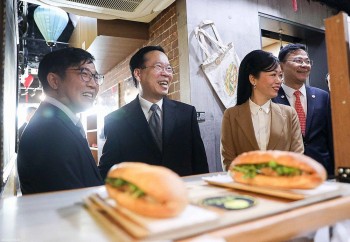 | Vietnam's President Tries Banh Mi in Japan President Vo Van Thuong and Tokyo Governor Koike Yuriko in visiting “Banh mi Xin chao”, a Vietnamese sandwich restaurant opened by two former students from ... |
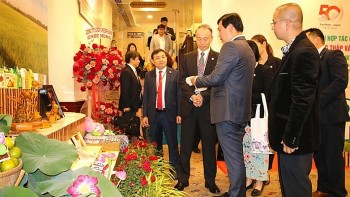 | Vietnam's Dong Thap Province, Japan Eye New Cooperation Opportunities Japanese businesses expect the soon-to-be-completed road and waterway transportation system will increase investment opportunities in Dong Thap province. |
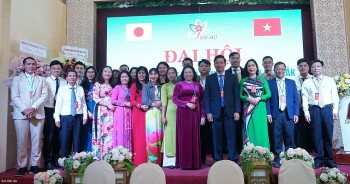 | Dak Lak's Vietnam-Japan Friendship Association Tasked with Connecting Businesses, Mobilizing Aid The Vietnam - Japan Friendship Association of Dak Lak works to connect businesses and mobilize Japanese non-governmental aid. |
Recommended
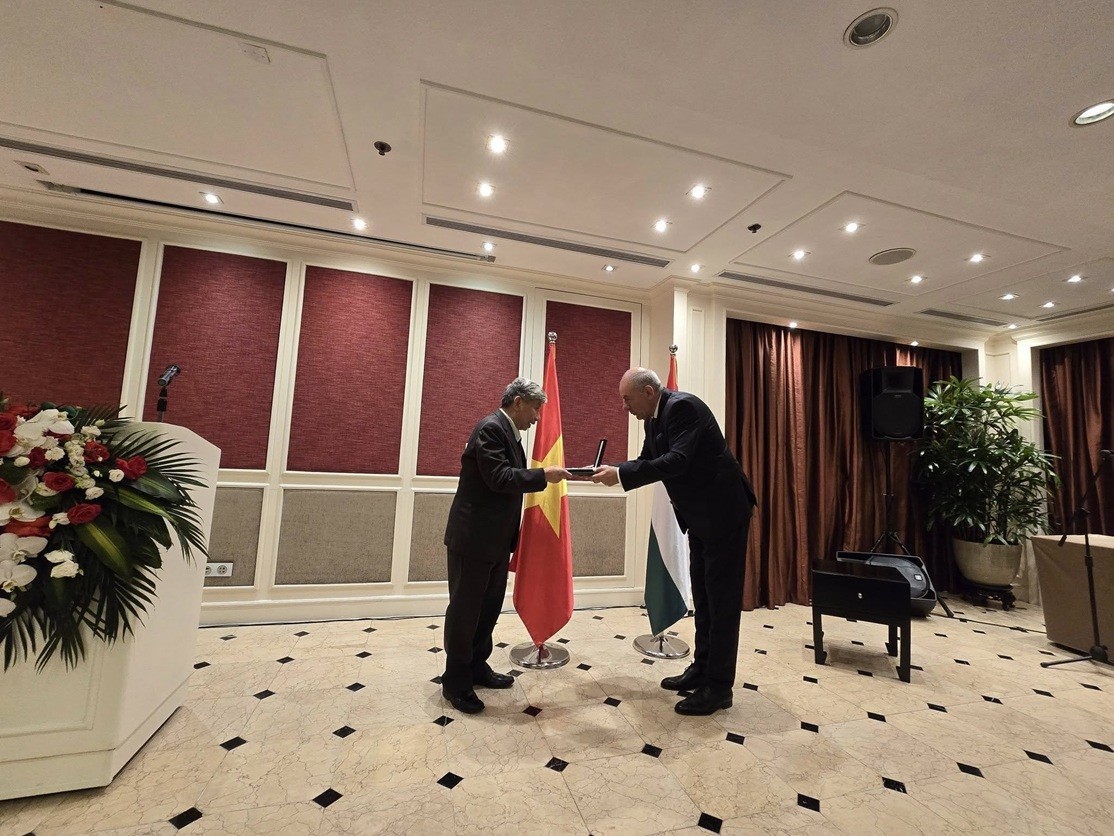 Friendship
Friendship
Dr. Vu Hoai Chuong Receives Hungary's Knight Cross Order
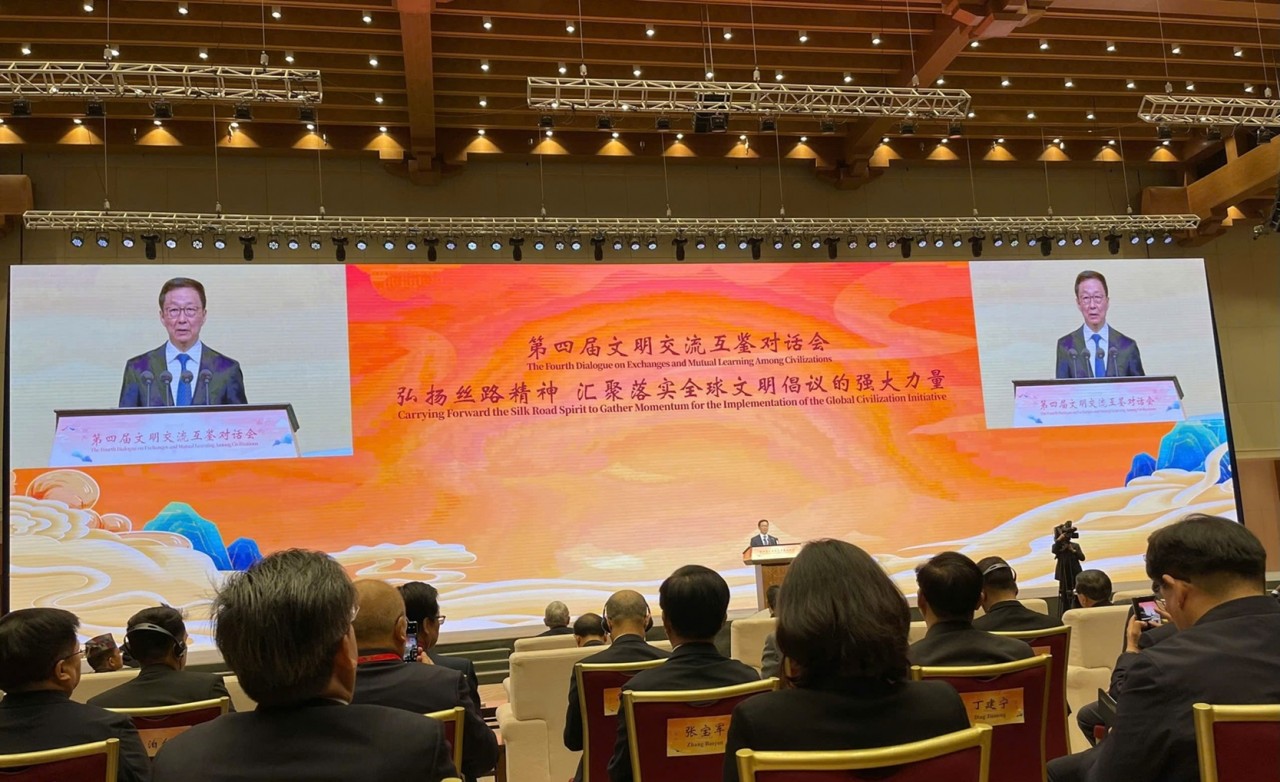 Friendship
Friendship
VUFO Attends Fourth Dialogue on Exchange and Mutual Learning among Civilizations
 Friendship
Friendship
COPI (US) Provides Free Medical Check-Ups for Nearly 1,000 People in Quang Nam
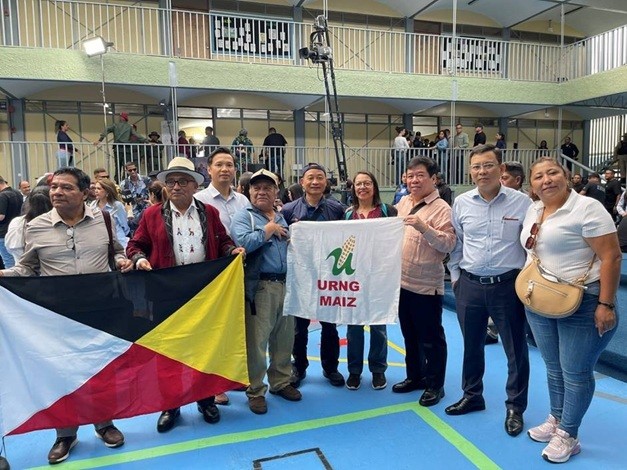 Focus
Focus
Strengthen Solidarity and Friendship Between Vietnam and Venezuela
Popular article
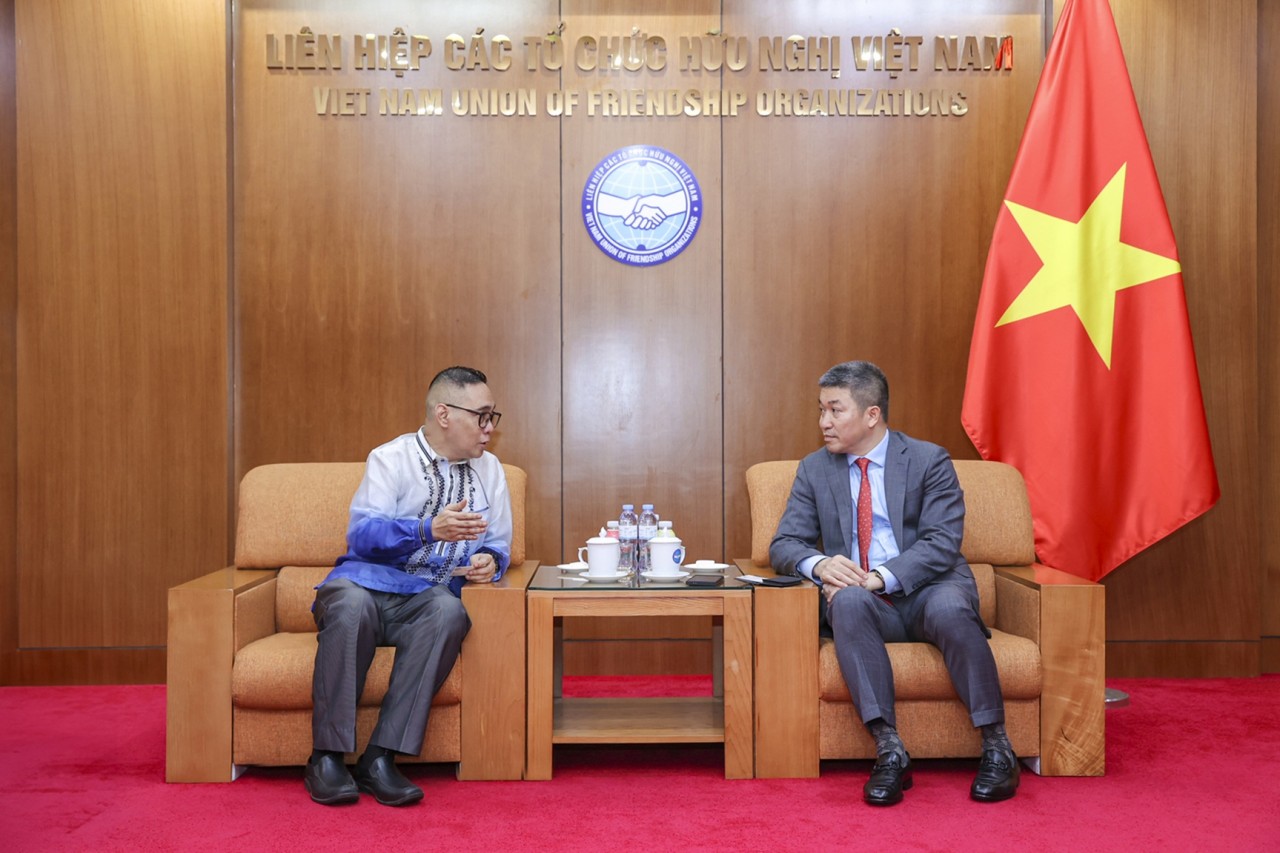 Friendship
Friendship
VUFO Supports Initiatives to Enhance People-to-people Exchanges between Vietnam and the Philippines
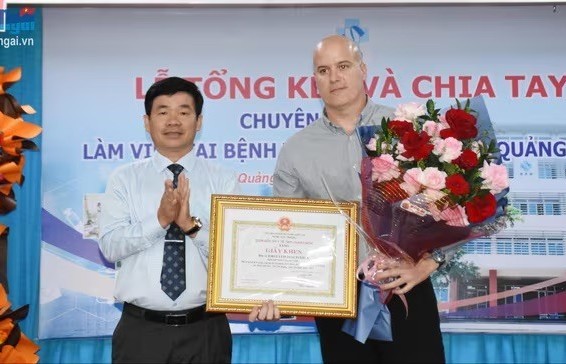 Friendship
Friendship
Quang Ngai Recognizes Cuban Health Experts' Contributions to Mother and Child Care
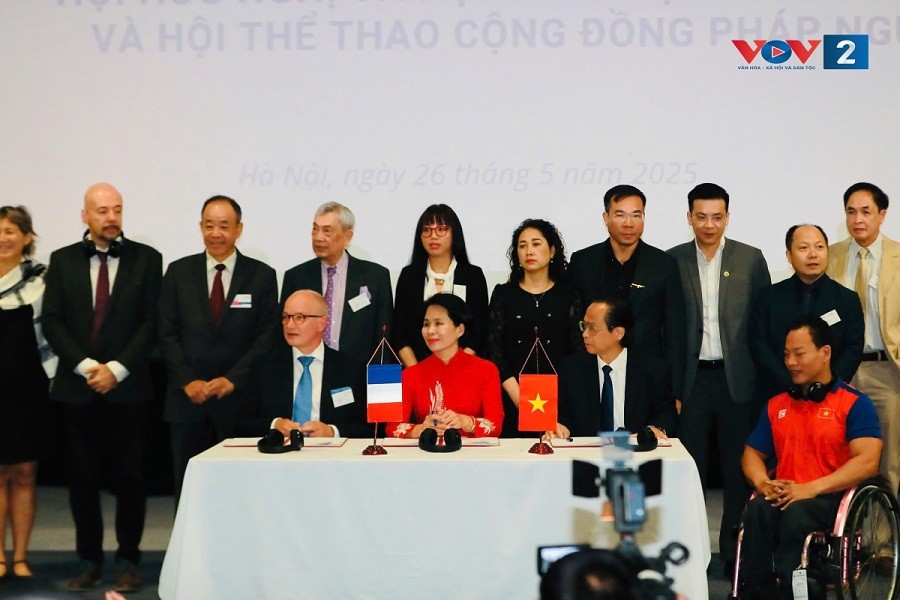 Friendship
Friendship
Vietnam, France Promote High-performance Sports
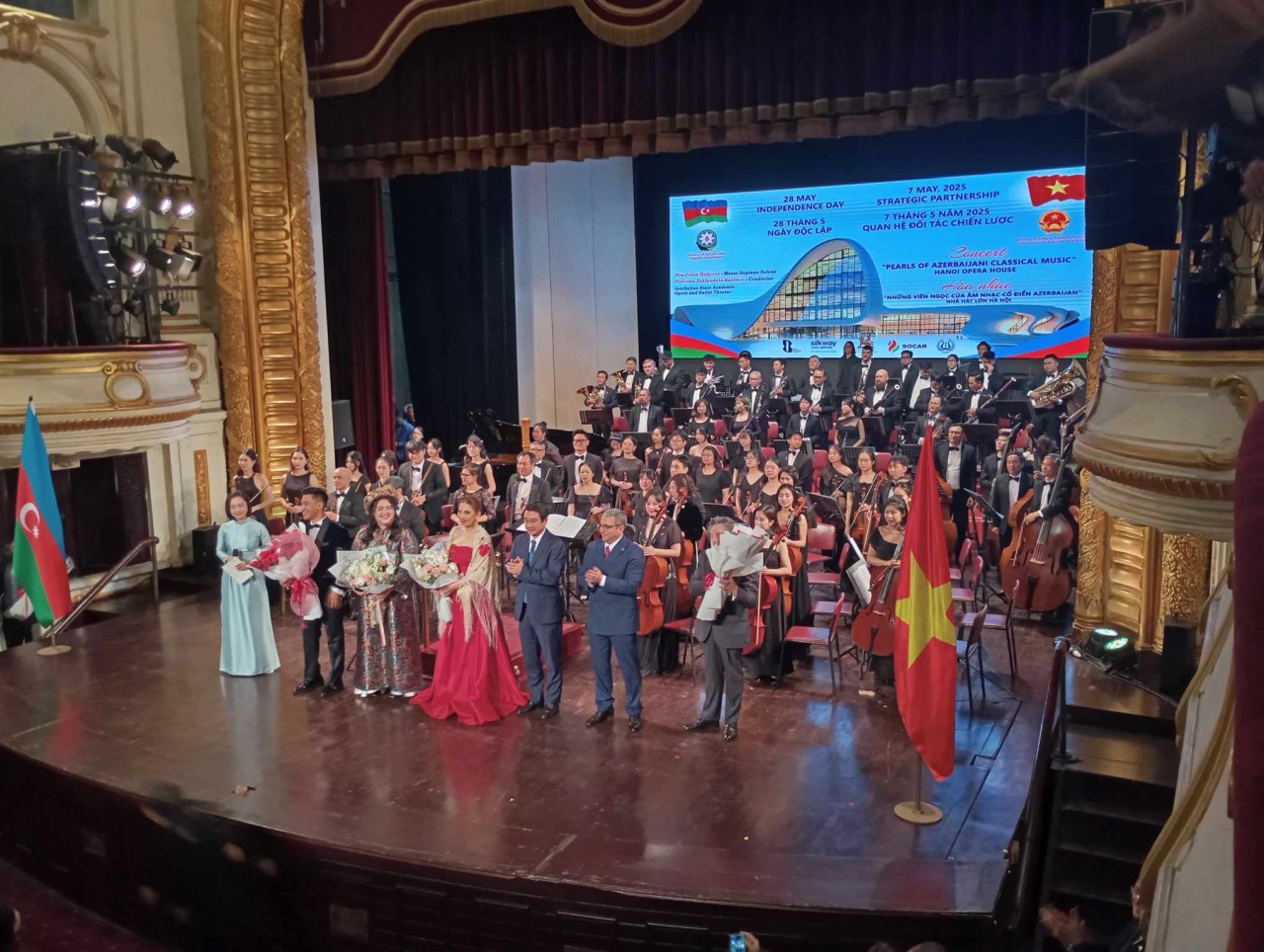 Friendship
Friendship




